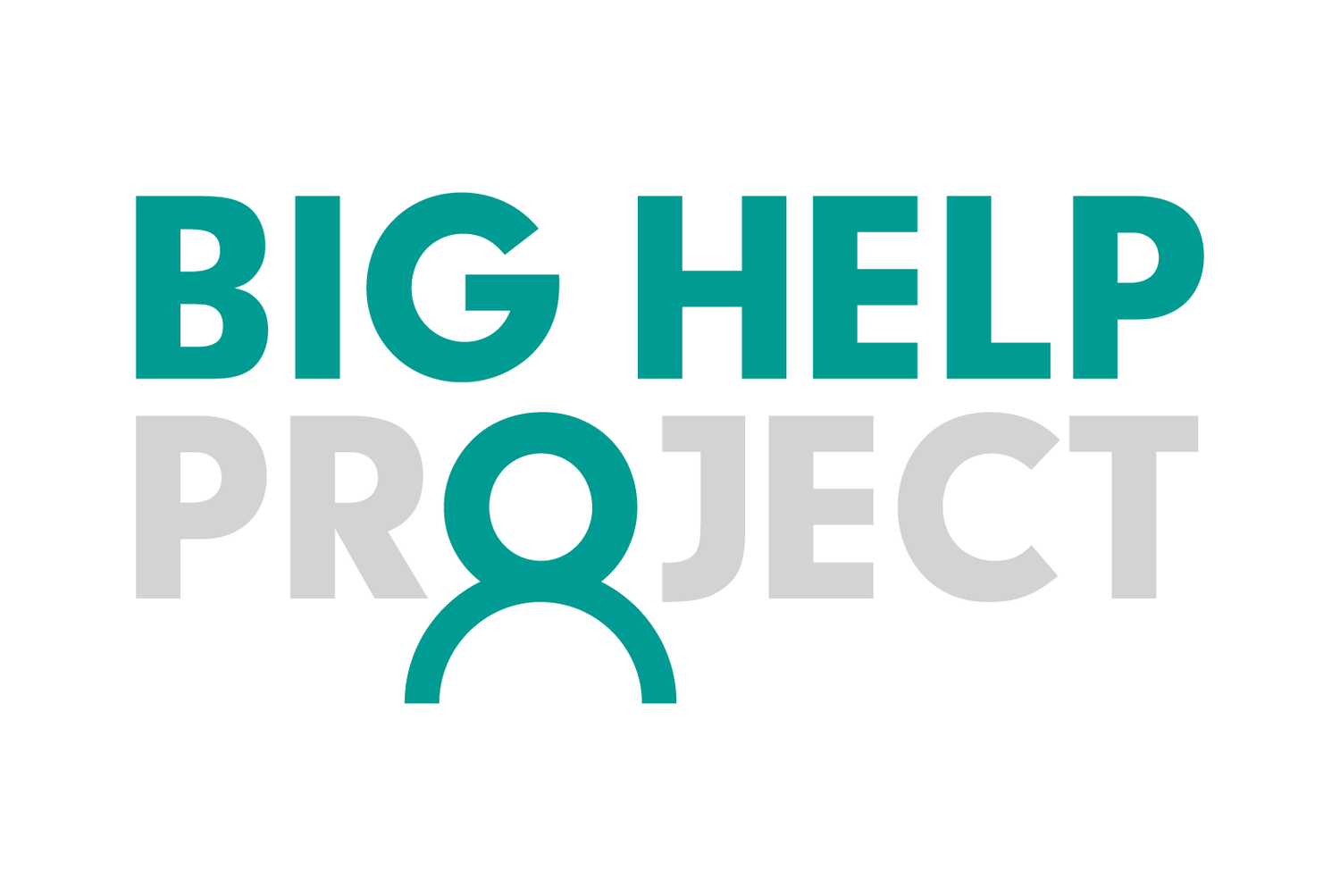The Importance of Mental Wellbeing
Mental health is a collective term for psychological, emotional, and social well-being within a person. The way in which we think, feel, and act in day-to-day life is impacted by our mental health. It also impacts how we do things, our motivation levels, and how we handle stress.
Mental well-being is of paramount importance in today's fast-paced and stressful world. Modern life has brought about many changes. People today often juggle work, family, and other responsibilities, which in turn take a toll on their psychological health. Similarly, new technologies have changed the ways we communicate and self-express. The constant need for stimulation and distraction via smartphones and other devices can make it difficult to focus and have perspective on our own experiences, contributing to feelings of anxiety and being overwhelmed. Similarly, the rise of social media has led to feelings of social comparison, anxiety, and depression. We now search for acknowledgment and approval virtually, often from people we don’t know. This ever-changing system of appraisal places emphasis on an individual’s mental fortitude, and without a strong understanding of one’s personal evaluation, an individual’s reflection of themselves may become pessimistic and despondent.
Often, it is the state of a person's emotional and psychological health, which dictates their ability to cope with life’s customary challenges and enjoy the less taxing aspects of life to the fullest. A person with good mental well-being is able to maintain positive relationships, manage stress effectively, and make sound decisions. It is not just the absence of mental health problems, but also the presence of positive emotions such as happiness, contentment, and fulfillment. It is essential to prioritize mental well-being and take steps to maintain it, such as practicing self-care, seeking professional help when needed, and engaging in activities that promote positive emotions. A healthy mind is the foundation of a happy and fulfilling life, and it is crucial to prioritize mental well-being to achieve overall well-being and a better quality of life.
Considering how much of a role your mental health plays in each aspect of your life, it's important to guard and improve psychological wellness using appropriate measures. There are many different ways to manage our mental health effectively, these methods will differ from person to person and some may work better than others based on the individual.
Methods to improving mental health can include;
Taking Care of Your Physical Health
Taking good care of your physical health may help to improve your mental health as they are connected and have many benefits for individuals.
Eating Healthily
Good nutrition will not only make you feel better physically but it could also improve your mood and help you destress. A lack of certain nutrients within your diet may also impact your mental health, for example, vitamin B12 may contribute towards symptoms of depression- meaning it is important for a balanced diet when experiencing mental health issues.
Physical Health
Being physically active can help to improve your mental health, examples of low-impact exercise may include walking and yoga.
Getting Enough Sleep
Sleep levels will impact your mood. Lack of sleep can lead to poor mood and stress levels during the day, long-term poor sleep can be seen to have an impact on the development of depression. If you are experiencing mental health issues, it is important to ensure you have a consistent sleep pattern.
Relaxation Techniques
These are practices to do in order to produce the body’s natural response. Helping to reduce stress levels, lower your blood pressure and regulate yourself. Examples of relaxation techniques may include:
Getting Creative
Using your time to do creative activities may have positive effects on your mental health, using activities such as baking, painting, and crafts may be helpful to you. Try to not worry about the final outcome and focus on enjoying the activity.
Active Relaxation
This may include going for a walk at your own pace, trying attending a class such as yoga or Pilates for gentle stretching, and maybe trying seated exercises which are good to try if you have mobility issues or are time restricted.
Take a Break
Relaxation does not need to be a lengthy activity, just stepping away from something stressful for a few minutes or diverting your attention to give you more space will help to focus you on something else. You may want to try something new out, read a book or watch something even if it is just for a few minutes.
Connecting with Others
Having good levels of support from those around you may protect you from the negative impacts of stress. It is a positive sign to have different types of connections, such as a wider variety rather than just those within your family. Further connections may be created through the use of community groups that are available and through the use of social media groups where there are opportunities to meet new people or others with similar experiences.
Mindfulness
Paying more attention to the present moment can help to improve your well-being, this involves being present with your thoughts, feelings, and what is around you. Mindfulness can help understand yourself better alongside helping you to enjoy life more because everything is in the moment. The technique can also be useful in terms of being able to deal with issues more productively and focusing on what is the most important right there and then.
The importance of well-being cannot be overstated. It is essential for individuals to prioritize their well-being in order to lead a fulfilling life and reach their full potential. Classifying our psychological health as significant, we can focus on areas of improvement, namely, stress management, mindfulness, and seeking professional help when necessary. Through such efforts we can improve our overall quality of life and build resilience to handle life's challenges. By developing positive social connections and emotional intelligence we can enhance our well-being and profit from greater life satisfaction. Ultimately, investing in our well-being can not only benefit us individually but also positively impact our relationships, communities, and society as a whole. Big Help Project views wellbeing as a cornerstone of good mental health and emotional resilience. We offer 1-1 service and group sessions as well as signposting to more specialist services when required. Should anyone need assitance, Big Help Project is proud to support our clients with a professional service aimed at improving their health & wellbeing.

